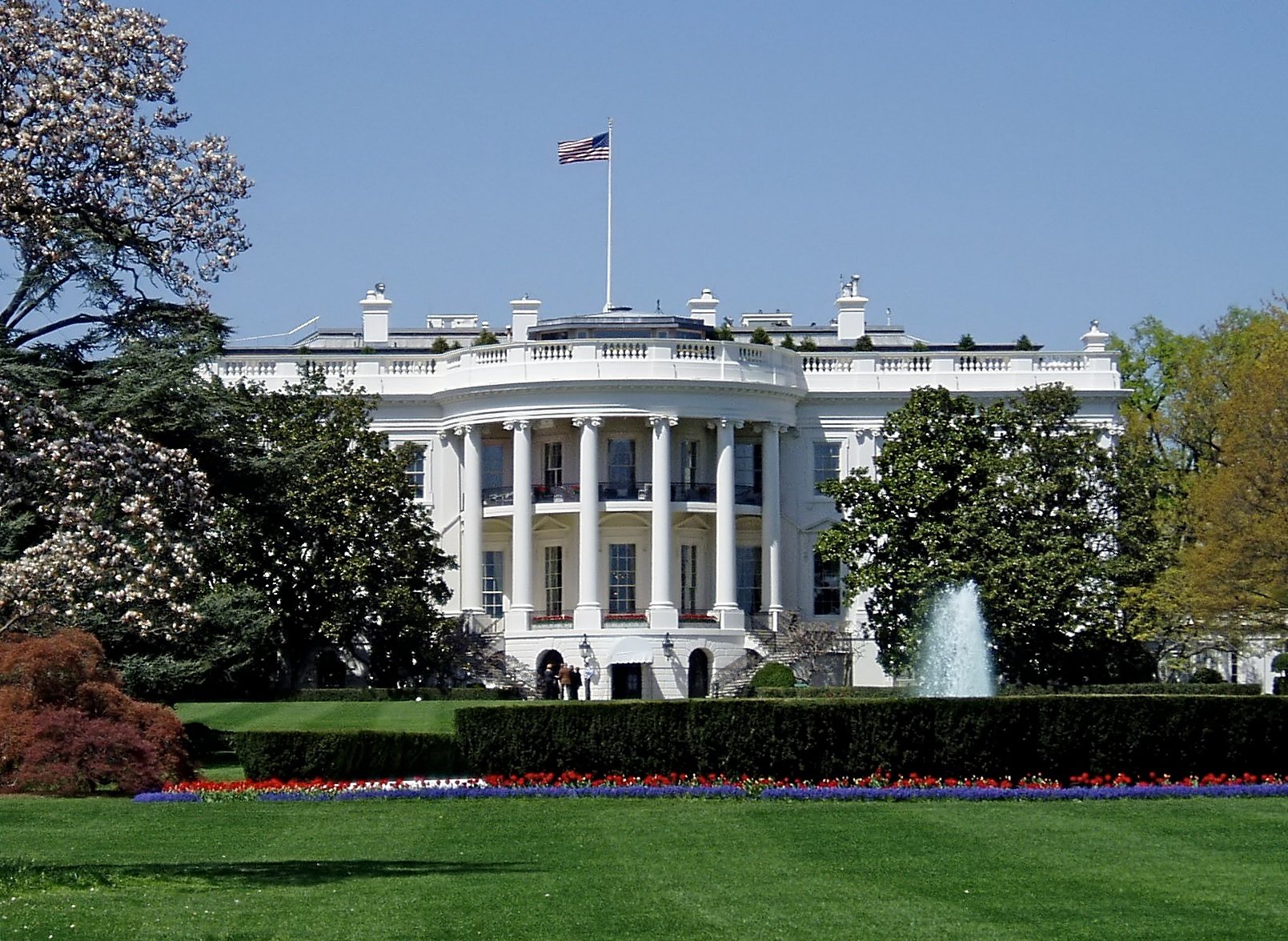SIA Welcomes White House Report on Sustaining U.S. Semiconductor Leadership
Friday, Jan 06, 2017, 4:00pm
by John Neuffer, President and CEO
SIA today welcomed the release of a new report by the President’s Council of Advisors on Science & Technology (PCAST) Semiconductor Working Group outlining the strategic importance of the U.S. semiconductor industry and the challenges that must be overcome to ensure continued U.S. leadership of semiconductor technology. SIA thanks the distinguished members of the PCAST Semiconductor Working Group for their diligence in developing this report.
We completely agree with the report’s assertions that: 1) “The only way to retain leadership is to outpace the competition,” and 2) “to maintain a strong and globally competitive semiconductor industry, the United States needs an economic and policy environment that fosters innovation and keeps the U.S. industry at the technological frontier.” To that end, the report suggests a number of policy prescriptions aimed at doubling down on funding for basic research critical to innovation, reforming corporate tax laws, and growing the talent pool. To advance this work, the report recommends a three-pillar strategy, as highlighted in the accompanying letter to the President from PCAST co-chairs John Holdren and Eric Lander, to “(i) push back against innovation-inhibiting Chinese industrial policy, (ii) improve the business environment for U.S.-based semiconductor producers, and (iii) help catalyze transformative semiconductor innovation over the next decade.”

Semiconductors form the very foundation of America’s innovation infrastructure, enabling modern technologies critical to U.S. economic growth, national security, and global competitiveness. The new PCAST report highlights the strategic importance of our industry and the significant challenges it faces, including the rising cost and complexity of innovation and challenges from competitors abroad, most notably ambitious Chinese industrial policy.
The success of the American semiconductor industry relies not only on our technological ingenuity and domestic business climate, but also on our continued access to overseas markets and a level playing field in the global arena. China is a critical market and an important part of the global value chain, yet it appears a significant number of its policies are not market-based or impose market-access restrictions.
The White House announced on Oct. 31 of last year the launch of the PCAST Semiconductor Working Group, which includes 11 leading experts on the semiconductor industry and the broader economy from industry, academia, and government. The Working Group has provided recommendations to PCAST for its report to the President regarding current challenges facing the semiconductor industry.
The semiconductor industry directly employs nearly a quarter of a million people in America and supports more than one million additional jobs throughout the U.S. economy. Thanks largely to the strength of U.S. semiconductor manufacturing, semiconductors are one of America’s top manufactured exports, ranking third after airplanes and automobiles.
Semiconductors were invented in the United States, and America is still globally at the tip of the spear in leading-edge semiconductor manufacturing and design. But our future leadership of this strategic technology cannot be taken for granted. We cannot stand idly by in the face of our challenges. We stand ready to work with policymakers in Washington to advance initiatives that keep us in the pole position in the race to maintain U.S. leadership in the global semiconductor industry.